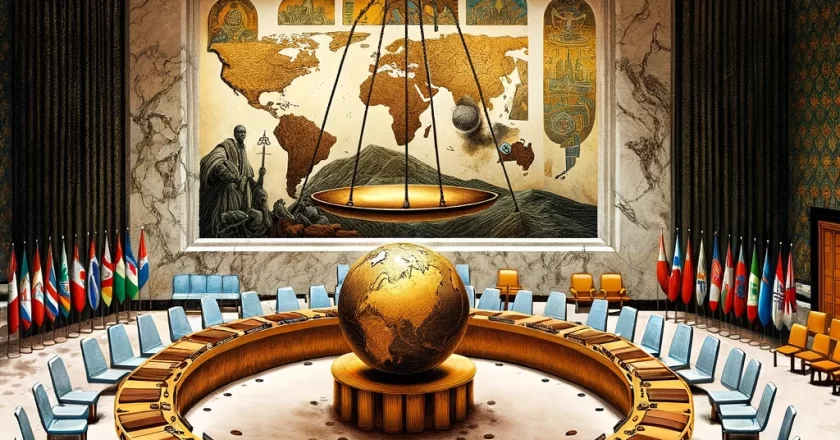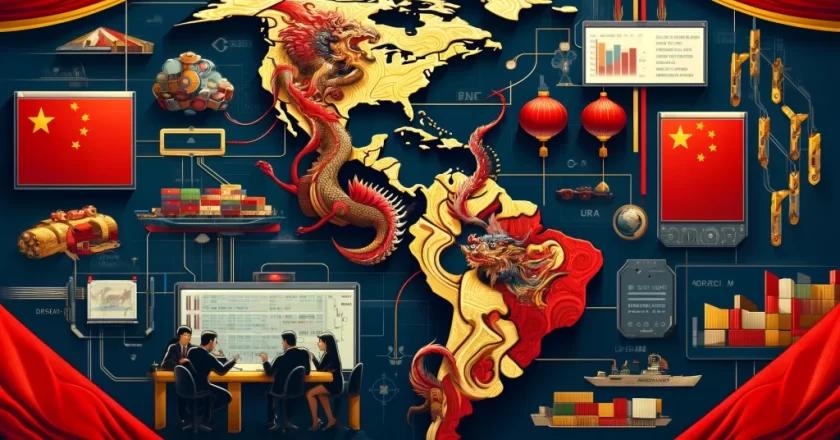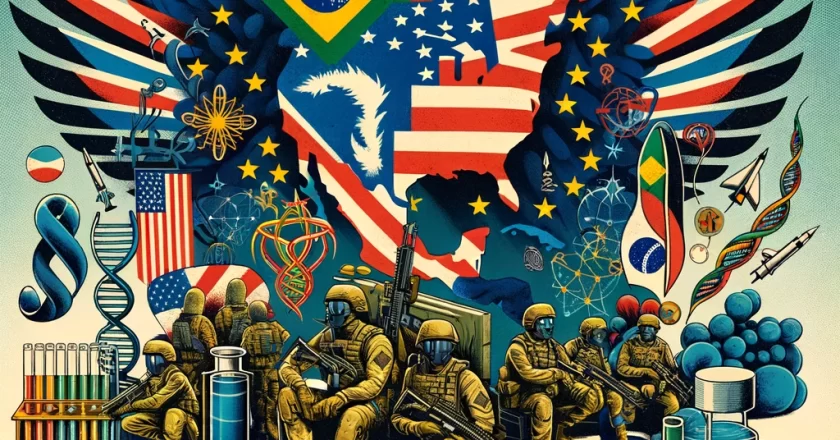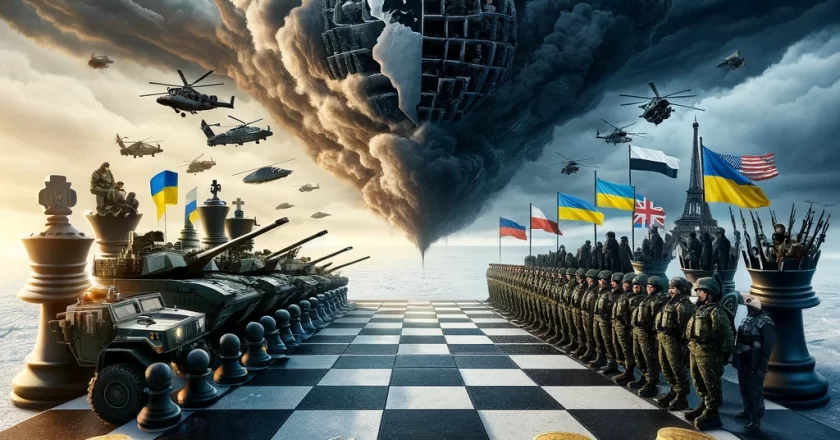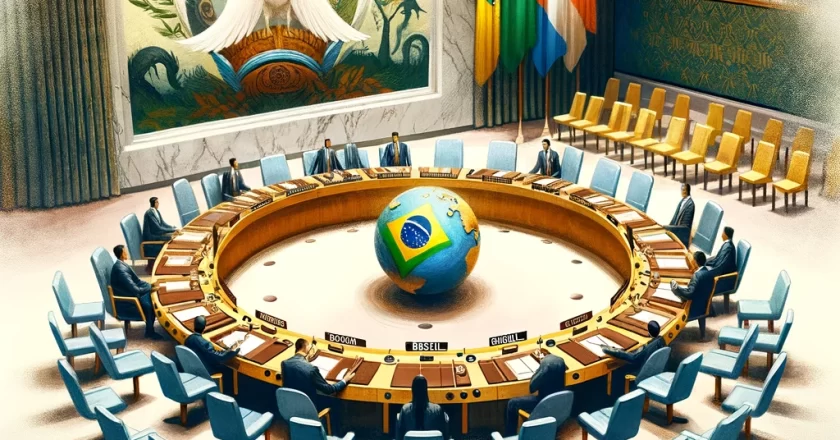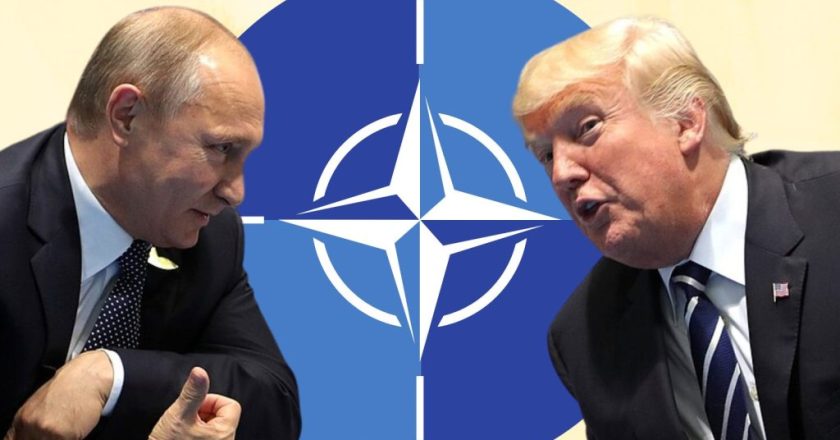Reform of the UN Security Council: between hegemonies and the search for multipolarity
The reform of the United Nations, especially the Security Council, has been a recurring theme in international debates, intensified by recent conflicts in Ukraine and between Israel and Palestine. Criticism of the reform proposal defended by the United States reflects concerns about the maintenance of hegemonies and the lack of global representation in international governance.
O sistema atual do Conselho de Segurança da ONU, criado após a Segunda Guerra Mundial, confere a cinco potências vitoriosas — Estados Unidos, UK, France, Rússia e China — o poder de veto, o que frequentemente impede a organização de agir eficazmente em situações de crise internacional. Este poder de veto tem sido criticado por permitir que essas nações bloqueiem ações internacionais, inclusiv...

